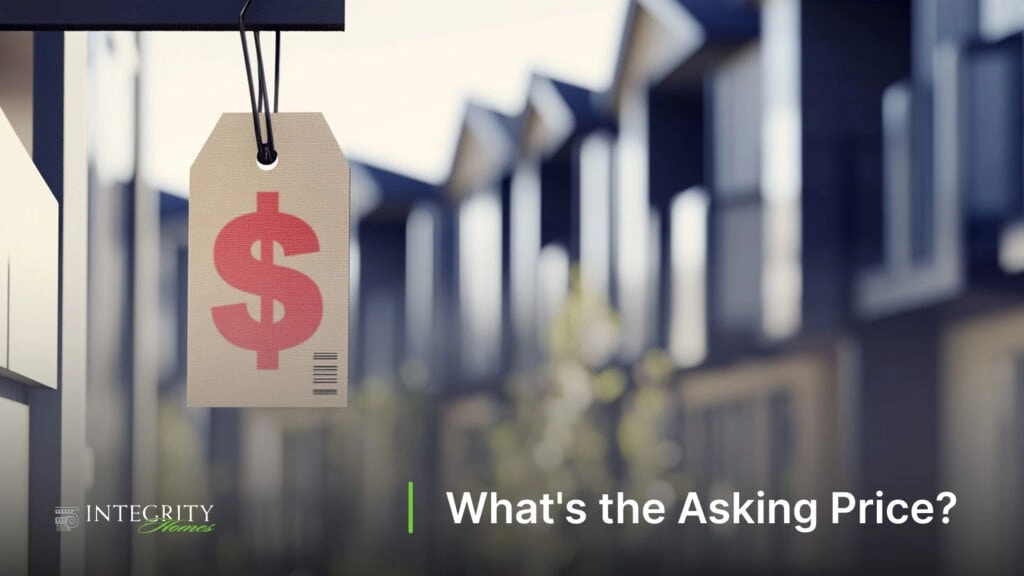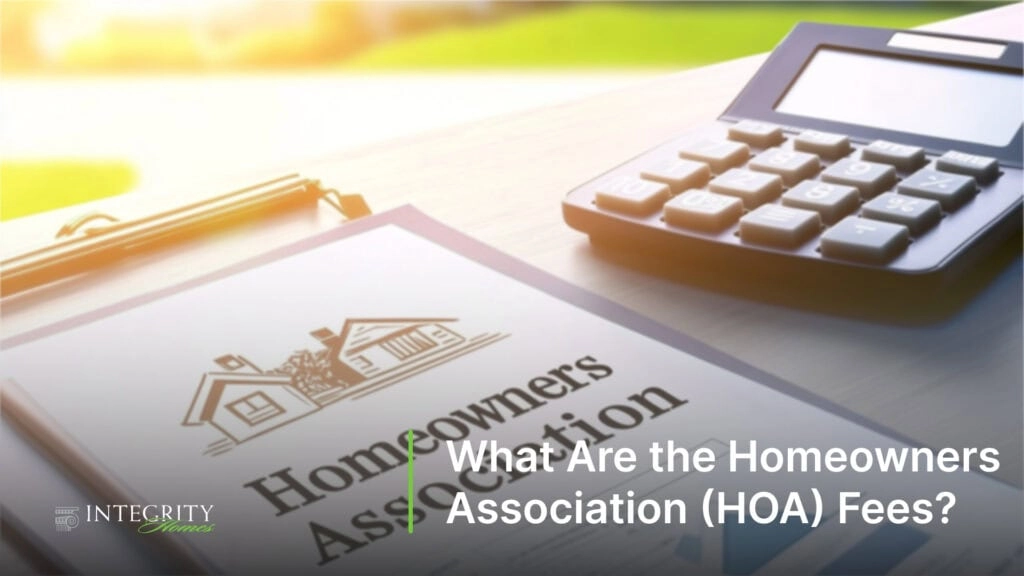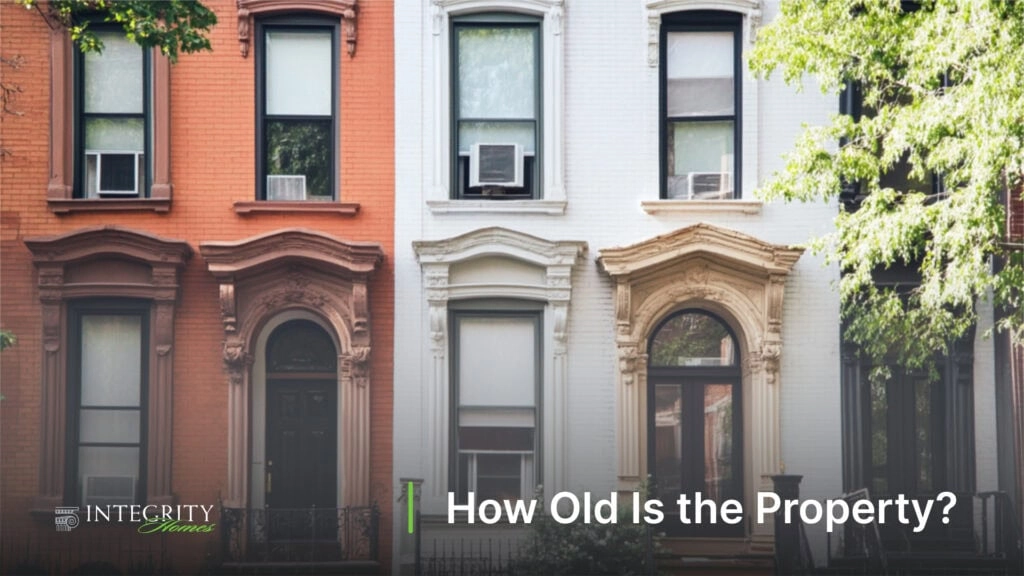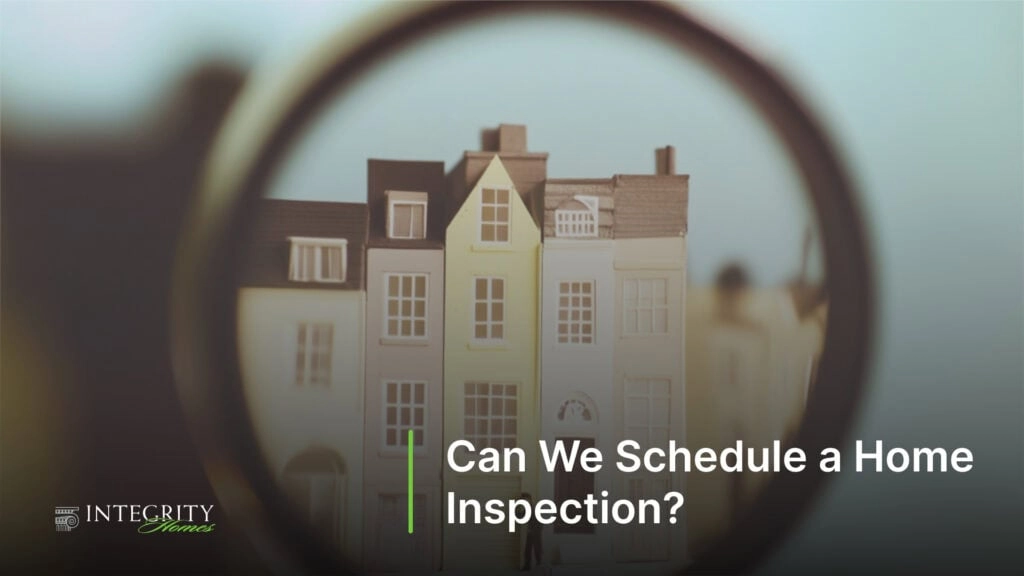
When buying a townhouse, asking the right questions is crucial. This guide will help you with essential questions to ask when buying a townhouse, ensuring you make an informed decision and avoid common pitfalls.

Initially, the asking price may grab your attention. It’s important to look beyond this initial figure. To accurately assess both the asking and purchase prices requires an understanding that goes beyond just fitting within one’s budget. Sellers tend to set their listing prices higher than what they expect to get in order to leave space for bargaining with other buyers. Consequently, there is often potential for negotiation which could result in saving a significant sum of money.
Consulting with an experienced real estate agent can prove very advantageous at this stage. They are equipped with resources such as comparative market analyses that aid you in determining whether the property’s listed price aligns with its fair value considering current local market trends. Depending on whether it’s a buyer’s or seller’s market and if any repairs are necessary on the property, prospective buyers might be able to put forward offers considerably lower—upwards of 20% below—the initial asking price.
It is also crucial not to overlook additional expenses associated with acquiring real estate. These costs can impact overall affordability significantly. A well-devised approach may include negotiating over mortgage rates and closing dates and requesting sellers bear part or all of those particular expenses during negotiations while maintaining respectful communication throughout discussions—a tactic that enhances prospects for concluding transactions favorably without alienating sellers.

HOA fees are an essential element of residing in a townhouse community, and they can fluctuate considerably. These costs contribute to the functionality and upkeep of the communal living areas, ensuring that everything is well-maintained. It’s important to understand exactly what these HOA fees entail as well as how frequently you’re expected to pay them.
These fees typically encompass amenities such as yard care, maintenance of shared spaces, and occasionally garbage removal services. It’s crucial to ask about any extraordinary levies for unforeseen expenditures related to significant repairs or improvements. Establish if board authorization is required for special assessments when they surpass a set threshold relative to the yearly budget since this could indicate potential future expenses.
To gain insight into any looming assessments which may influence subsequent HOA charges, request access to the financial documents of the homeowners’ association (HOA). This will offer a more transparent view regarding its fiscal stability and assist in preparing you for possible unseen expenses ahead.

Understanding what is included in the HOA fees is as crucial as being aware of the costs themselves. These fees cover community lawn care and landscaping services, offering a significant advantage to those who prefer not dealing with such chores personally.
The responsibility for upkeep of communal spaces like playgrounds, parks, and sidewalks falls under the homeowner’s association duties. Maintaining these areas ensures they remain in excellent condition, enhancing both their usability and the aesthetic value of the community. In communities comprising townhomes, it’s typically up to the HOA to undertake external maintenance tasks including roofing and siding repairs.
A portion of your HOA dues often goes towards creating a reserve fund dedicated to future unforeseen expenses or repairs. This financial safety net can prove invaluable by addressing substantial repair work without imposing extra charges on homeowners at times when costly fixes become necessary.

The age of the property plays a crucial role. Homes with historical value may possess distinctive appeal, yet they typically present particular difficulties. By evaluating the property’s age, you can foresee possible issues related to maintenance and upgrades that may be required.
Properties that have been around for a longer time might need more regular maintenance, potentially resulting in increased costs for their preservation. Being aware of these potential expenses ahead of time helps you plan your finances effectively and determine whether investing in the property is a prudent decision.

Undergoing a home inspection is a critical part of the property purchasing journey. It uncovers concealed problems or significant repairs that may be necessary, making it an essential step to guarantee you are completely informed about the state of your potential new home.
Allocating funds for a home inspection can save you from expensive maintenance in the future. By offering clear-cut evidence regarding the condition of the property, it strengthens your bargaining position, enabling you to discuss potential issues with the seller prior to finalizing your acquisition.

Understanding the acoustics in a townhouse is essential for ensuring your peace and tranquility. Shared walls between townhomes often permit the transfer of noise from neighbors, so evaluating sound transmission through these partitions is crucial.
To get an accurate sense of potential auditory disturbances, a buyer should consider touring the property at various hours, including weekends when activity levels might be higher. Engaging with existing residents may offer useful perspectives on common noise disruptions like television volume or nearby traffic sounds. Inquiries about how well soundproofed the townhouse is can provide clarity on whether it aligns with your requirements for a serene living environment.

When embarking on the process of buying a townhouse, it’s vital to factor in parking space. Availability differs as some other townhouses tend to come with a designated parking spot or even a garage for one car. It is essential for both residents and their guests to have sufficient parking to ensure convenience.
In some communities with townhouses, guest parking may be restricted, potentially making it challenging for host visitors. Paying attention to such specifics throughout your search for the perfect home can help avoid aggravations later on.

Townhouse living is greatly enriched by the availability of community amenities. These shared facilities, frequently found in townhouse communities, typically comprise swimming pools, fitness centers, playgrounds for children, and parks designed for dogs. The presence of these conveniences not only cultivates a strong sense of belonging within the community, but also offers easy access to recreational activities that can improve one’s lifestyle.
Ensuring that such amenities are well-maintained and easily accessible is crucial as they align with your personal lifestyle requirements. Having access to features like swimming pools or dog-friendly areas can profoundly elevate the quality of life in a townhouse setting, contributing significantly to an enjoyable residential experience.

Understanding why the seller is relocating can provide crucial information. The necessity to acquire funds from the sale for another property purchase or due to various personal factors may drive their decision. This knowledge could signal potential concerns related to either the property itself or its surroundings.
Being aware of what motivates the seller’s move can grant you leverage during price discussions. It empowers you with enhanced insight, enabling a more calculated and tactical bid on your part.
It is imperative to inquire diligently during the townhouse buying process, ensuring you are well-informed about critical details of home search. This includes comprehending the asking price and evaluating the amenities available in your prospective community. Each query significantly contributes to confirming that your potential new home aligns with both your necessities and aspirations.
With meticulousness and initiative, you can steer through the intricacies of purchasing a townhouse smoothly, paving the way for making your envisioned dream dwelling come true.
When looking at the asking price of a townhouse, you should consider local market conditions and whether there’s room for negotiation.
It’s always a good idea to seek insights from a real estate agent to ensure you’re making an informed decision.
Understanding HOA fees is crucial because they cover the community’s maintenance and services, informing you of what you’re paying for and any potential extra costs down the line.
Being aware of these fees can help you budget effectively and avoid unexpected financial surprises.
In a townhouse community, the HOA typically covers landscaping, lawn care, maintenance of common areas, and exterior upkeep.
They also often set aside funds for future repairs, ensuring the community stays well-maintained.
To gauge the noise level in a townhouse, visit at various times and chat with current residents about their experiences.
This way, you’ll get a real sense of any noise problems and how well the place is soundproofed.
Knowing today’s market and why the seller is moving can really help you spot any red flags about the property or area, and it puts you in a stronger position to negotiate the price.
Understanding their motivation is key!
Maryland | Frederick, MD | National Harbor, MD | Potomac, MD
Virginia | Alexandria, VA | Fairfax, VA | Lorton, VA | Northern, VA | Stafford, VA | Stephenson, VA | Winchester, VA | Washington DC